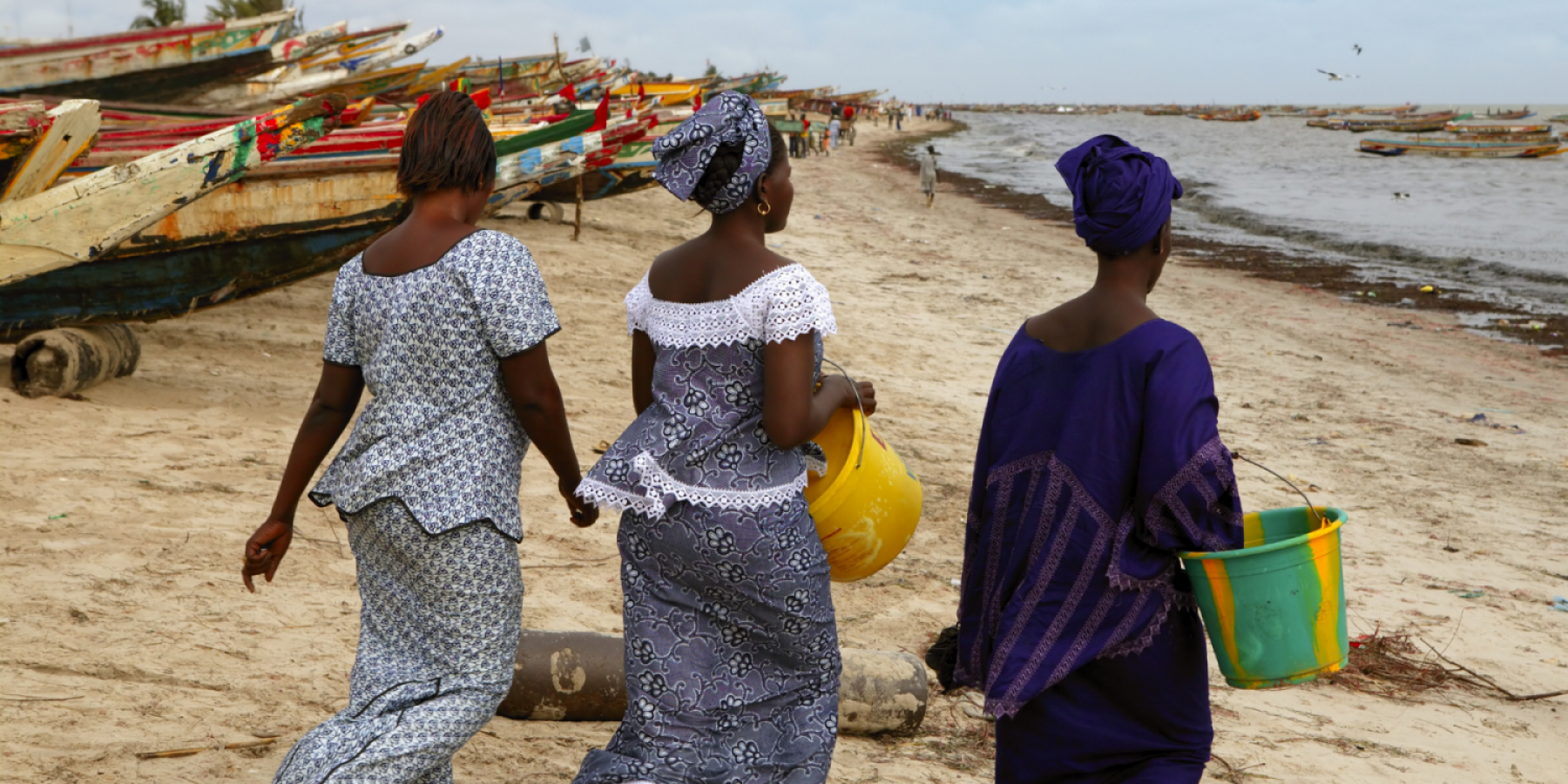New national NCD alliance will support the NCD response in Senegal
30th November 2020

30th November 2020
There has been a surge in the NCD burden over the last two decades in Africa and, according to the World Health Organization (WHO), noncommunicable diseases (NCDs) are set to become the leading cause of mortality in sub-Saharan Africa by 2030. There is a need for urgent action as governments have globally committed to decreasing premature mortality due to these diseases by 30% by the year 2030.
The need to intensify action in favour of NCDs was already at the centre of discussions at the regional workshop organised by the NCD Alliance in June 2019 in Dakar, Senegal. Bringing together 20 representatives of organisations and alliances in Francophone Africa, the workshop promoted the greater coordination and mobilisation of civil society on NCDs in the region and resulted in the drafting of the Dakar declaration, and the formation of two new alliances in Niger and in Senegal.
The purpose of the Alliance nationale de lutte contre les Maladies Non Transmissible au Sénégal is to fight against NCDs and their risk factors and grow collective action on NCD prevention and control. Senegal, like many low- and middle-income countries around the world, faces a double burden of communicable and noncommunicable diseases that account for the largest share of deaths. Diseases such as diabetes and hypertension affect a significant proportion of the working population and risk factors, includind overweight and obesity, are strongly present in Senegalese society. This situation and the chronic nature of NCDs raise the issue of access to healthcare and access to universal health coverage in the country.
The newly formed alliance brings together actors from civil society, patient associations, NGOs and academics and to promote quality health and integrated social services to meet the needs of all people throughout their lives.